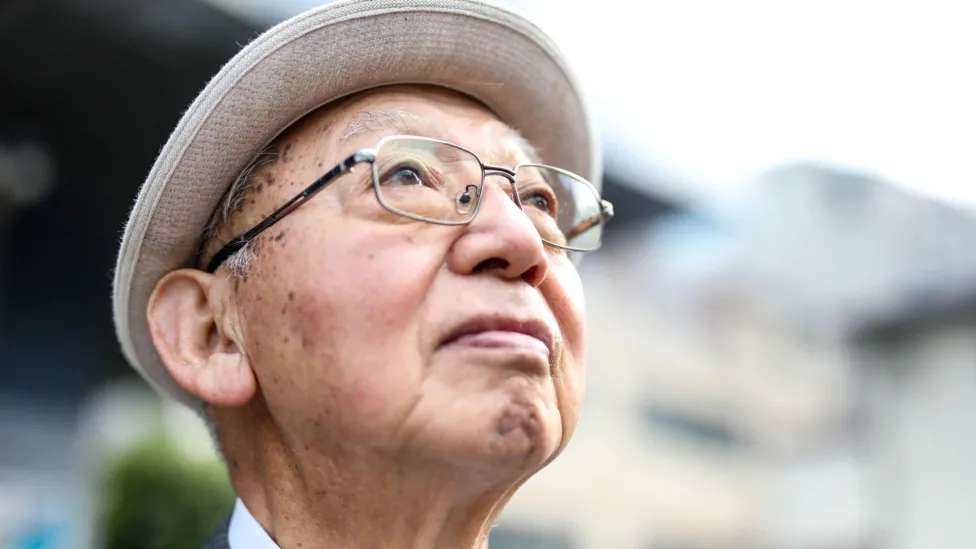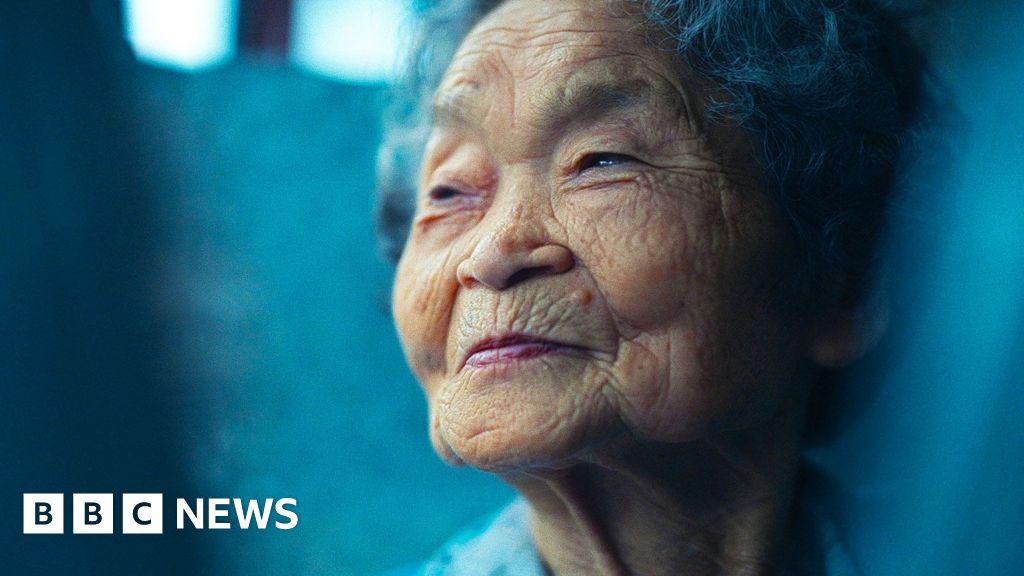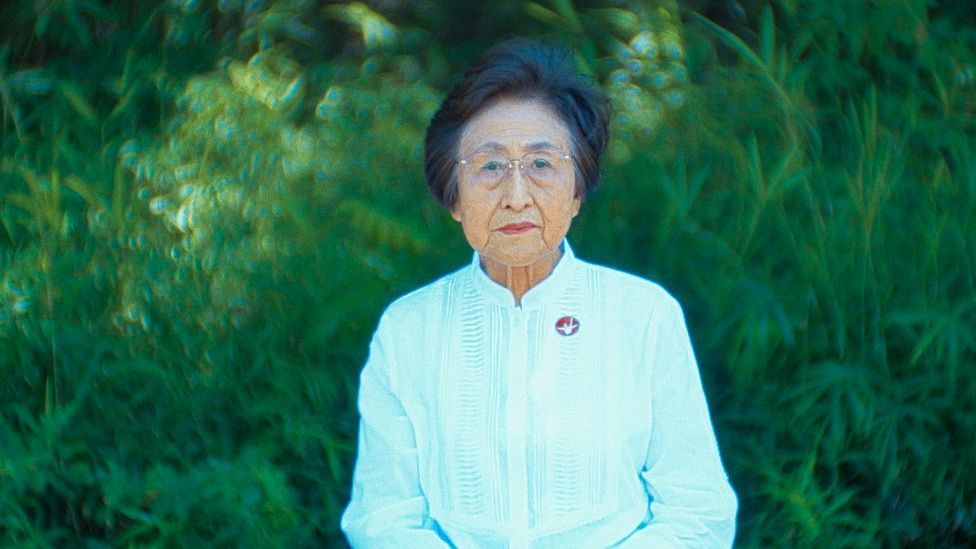‘Atomic bomb hell must never be repeated’ say Japan’s last survivors’
3 min read
As the world commemorates the anniversary of the atomic bombings of Hiroshima and Nagasaki, Japan’s last survivors of these devastating events, known as hibakusha, are once again raising their voices to remind humanity of the horrors of nuclear warfare. Their message is clear: “Atomic bomb hell must never be repeated.”
In the summer of 1945, the cities of Hiroshima and Nagasaki were decimated by atomic bombs, resulting in the immediate deaths of tens of thousands of people and leaving many more to suffer from the long-term effects of radiation exposure. Today, the dwindling number of survivors continue to share their harrowing experiences in the hopes of promoting peace and ensuring that such a catastrophe never occurs again.
Survivors’ Testimonies
Among the survivors is Keiko Ogura, who was just eight years old when the bomb was dropped on Hiroshima. She recalls the blinding flash of light, the deafening explosion, and the subsequent chaos and destruction that engulfed her city. “I saw people with their skin hanging off, people who were so badly burned they were unrecognizable,” Ogura recounts. “The smell of burning flesh was everywhere. It was hell on earth.”
Kazumi Yamada, a Nagasaki survivor, shares a similar story of horror and loss. “The heat was so intense that it felt like my skin was melting,” he remembers. “I lost many friends and family members that day. The pain of that loss has never faded.”

A Plea for Peace
The hibakusha have dedicated their lives to advocating for nuclear disarmament and educating future generations about the catastrophic consequences of atomic warfare. They regularly participate in international forums, school programs, and public events, emphasizing the importance of peace and the need to eliminate nuclear weapons.
Setsuko Thurlow, another Hiroshima survivor who has been a vocal advocate for nuclear disarmament, was awarded the Nobel Peace Prize in 2017 as part of the International Campaign to Abolish Nuclear Weapons (ICAN). In her acceptance speech, Thurlow implored world leaders to heed the lessons of Hiroshima and Nagasaki and to commit to a world free of nuclear arms. “Humanity cannot coexist with nuclear weapons,” she stated. “The only way to ensure the survival of our species is to abolish them.”
A Global Responsibility
The hibakusha’s message resonates particularly strongly today, as global tensions and the proliferation of nuclear weapons continue to pose a significant threat to international security. The survivors urge not only Japan but all nations to work towards disarmament and to foster a culture of peace and understanding.
The United Nations has taken steps in this direction, with the Treaty on the Prohibition of Nuclear Weapons (TPNW) coming into effect in January 2021. The treaty, which was adopted by 122 countries in 2017, represents a significant milestone in the global effort to ban nuclear weapons. However, key nuclear-armed states have yet to join, and the hibakusha continue to advocate for broader international commitment to this cause.
Conclusion

As the hibakusha grow older, their numbers dwindle, and their firsthand accounts of the atomic bombings become even more precious. Their unwavering commitment to peace serves as a powerful reminder of the devastating human cost of nuclear warfare. “We must never forget what happened in Hiroshima and Nagasaki,” says Keiko Ogura. “And we must never allow it to happen again.”
In remembering the past, the hibakusha offer a poignant and urgent call to action: to ensure that the horrors they endured are never repeated and that future generations can live in a world free from the threat of nuclear annihilation.
4o






